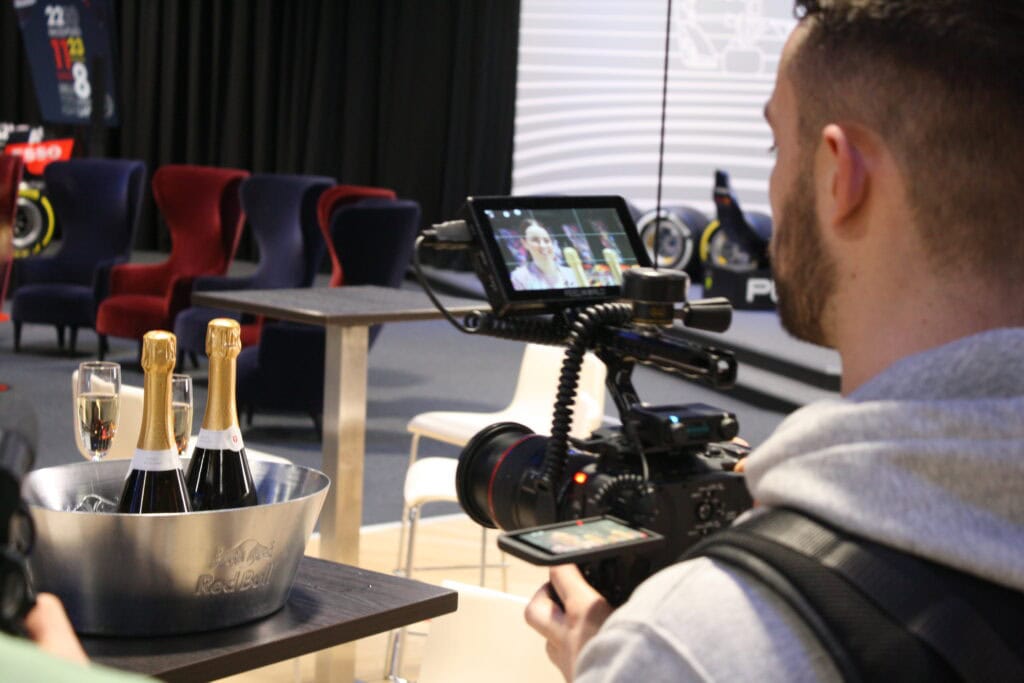focus on mental health
The integration of mental health into employee training programs has become a crucial development in 2024. With the increasing awareness of mental well-being, companies are embedding mental health modules within their training programs. A report by the World Economic Forum highlights that 65% of large enterprises now include mental health training as part of their digital learning initiatives, compared to just 45% in 2020. Bespoke web-based training solutions emphasise mental health, providing employees with the tools they need to manage stress and maintain productivity.
enhanced client engagement through interactive learning
Engagement is key to effective learning, and 2024 has seen a surge in the use of interactive elements in digital training. Gamification, virtual reality (VR), and augmented reality (AR) are becoming standard in instructional design, creating immersive learning experiences. Companies like PwC have reported a 90% improvement in employee engagement through the use of VR-based training programs. These technologies not only make learning more enjoyable but also improve knowledge retention and practical application.
AI and machine learning in instructional design
Artificial Intelligence (AI) and Machine Learning (ML) have revolutionised instructional design, enabling the creation of adaptive learning systems that respond to the needs of learners in real-time. According to Gartner, by the end of 2024, 60% of large enterprises will have incorporated AI into their digital learning platforms, enhancing the customisation and effectiveness of training programs. We’re able to leverage AI to analyse learning patterns and tailor content, ensuring optimal learning outcomes for each employee. Check out Linkedin’s report on it here.







